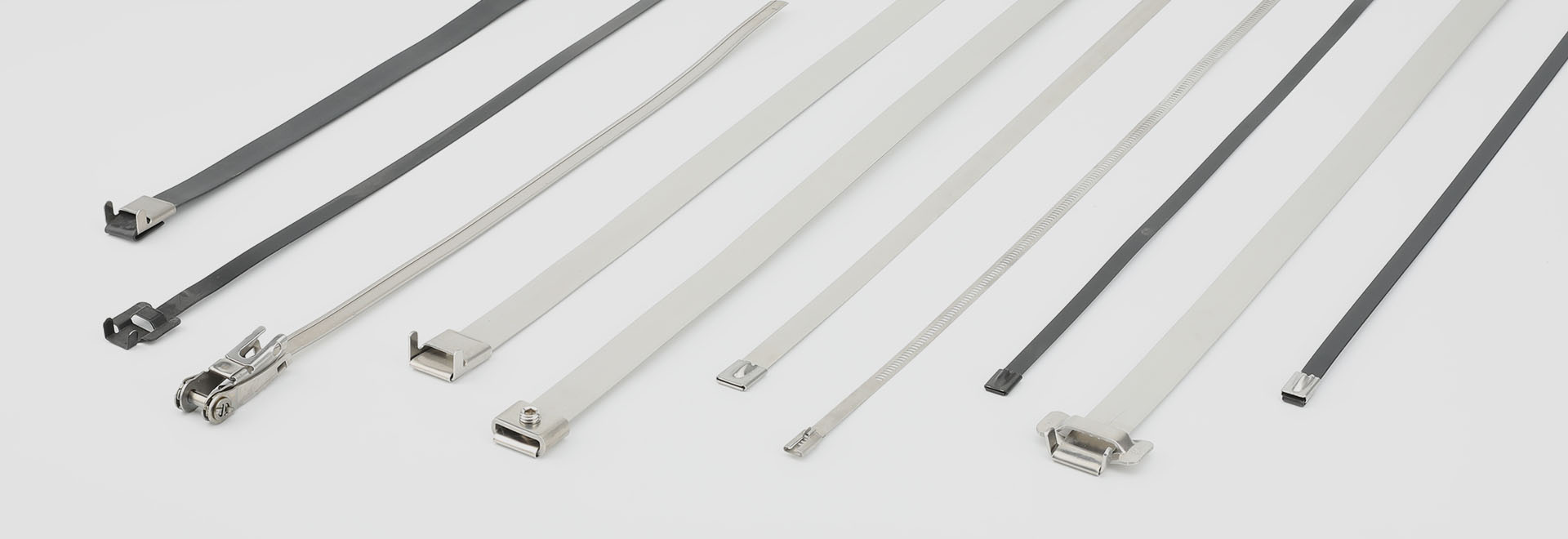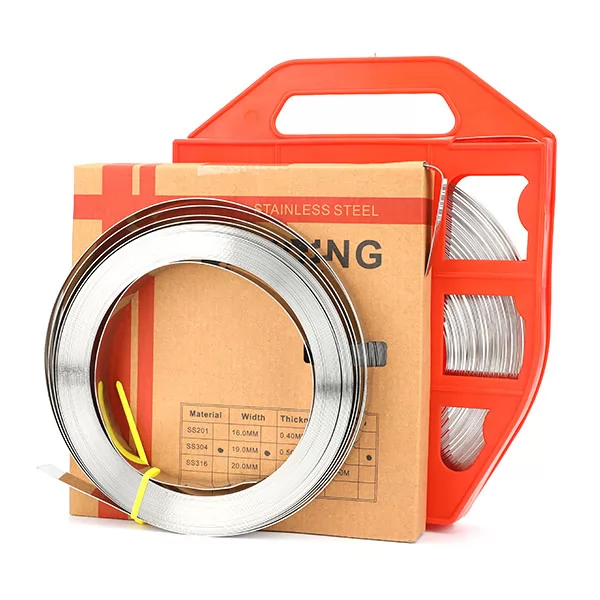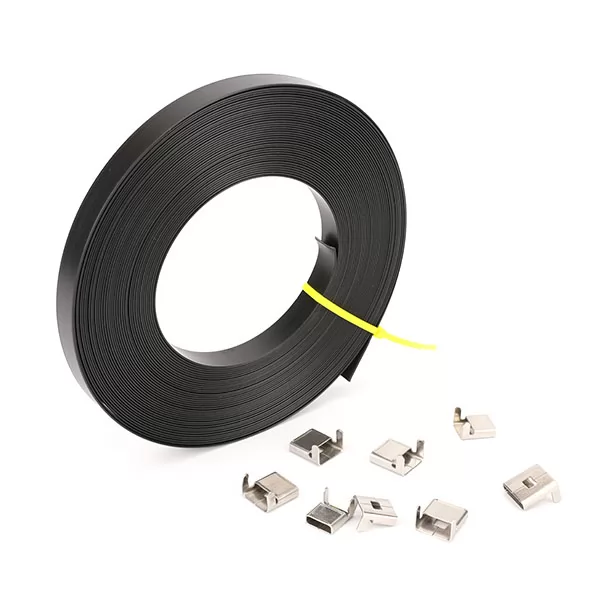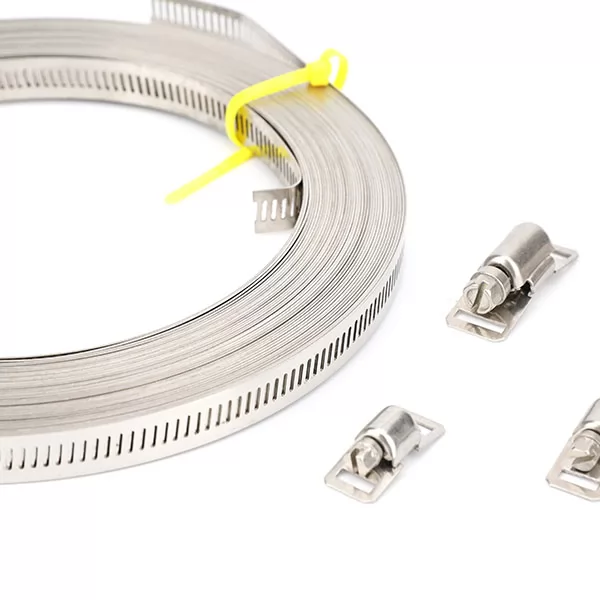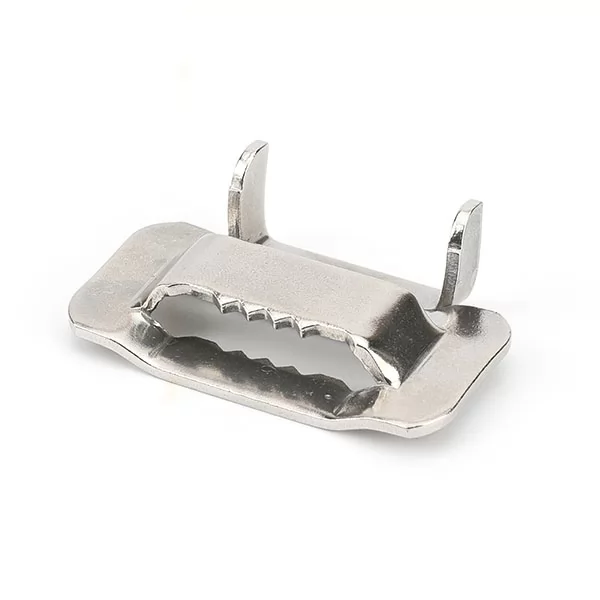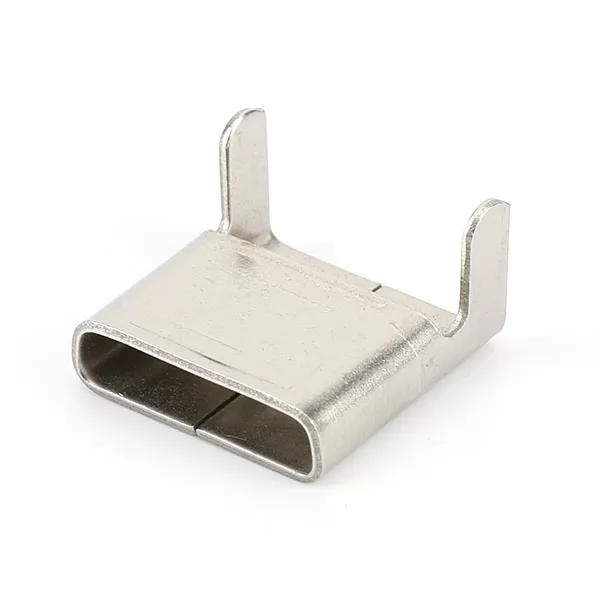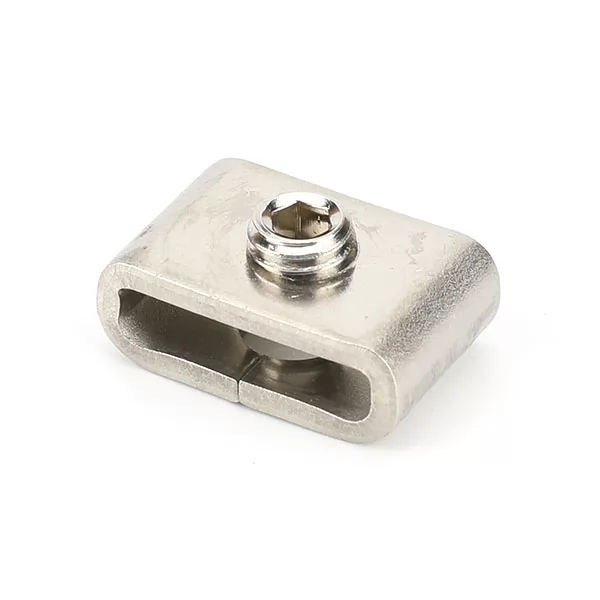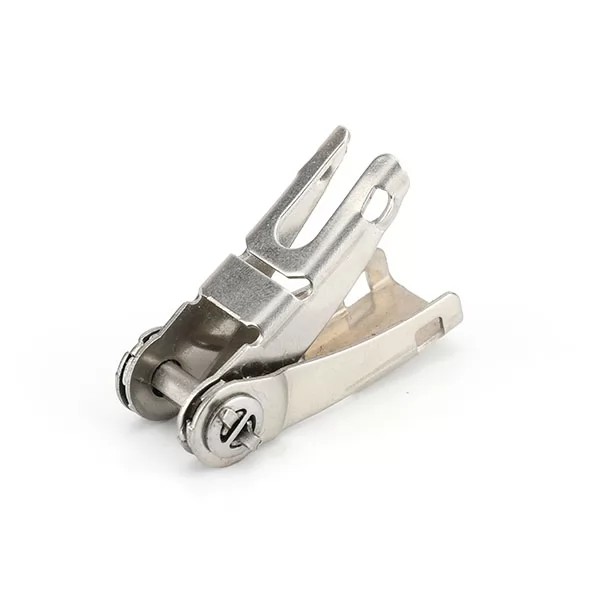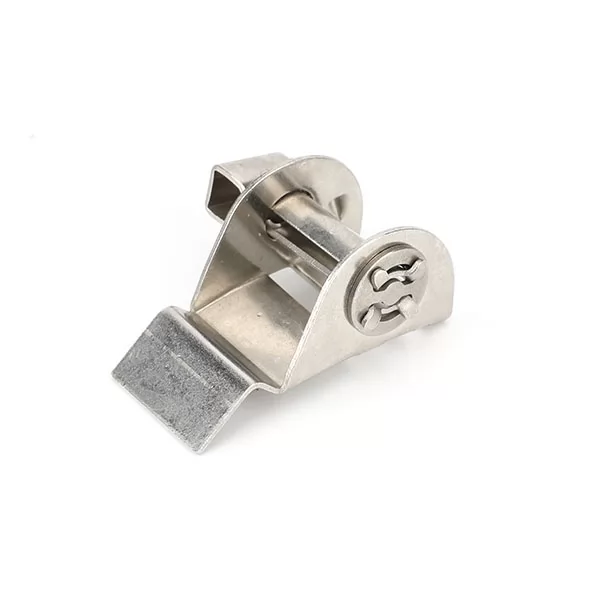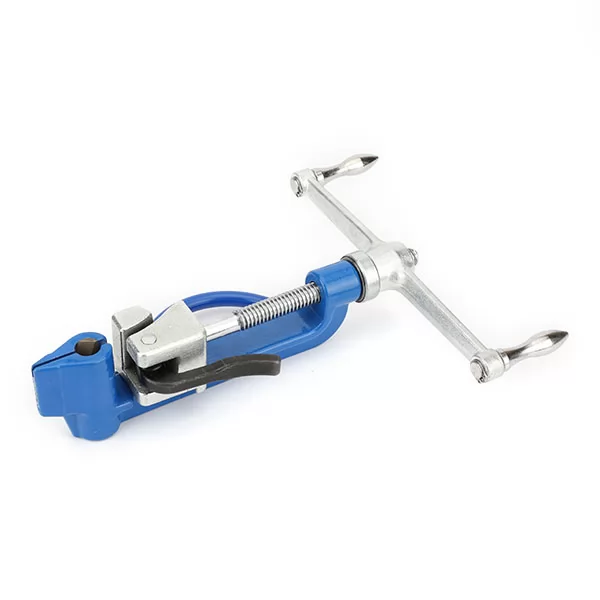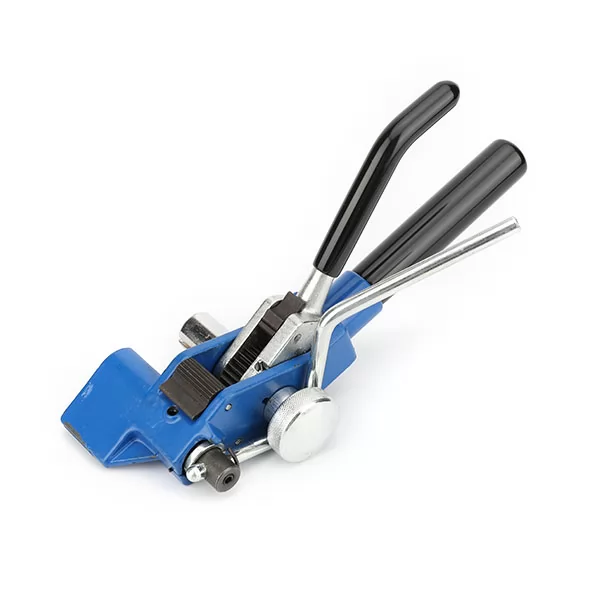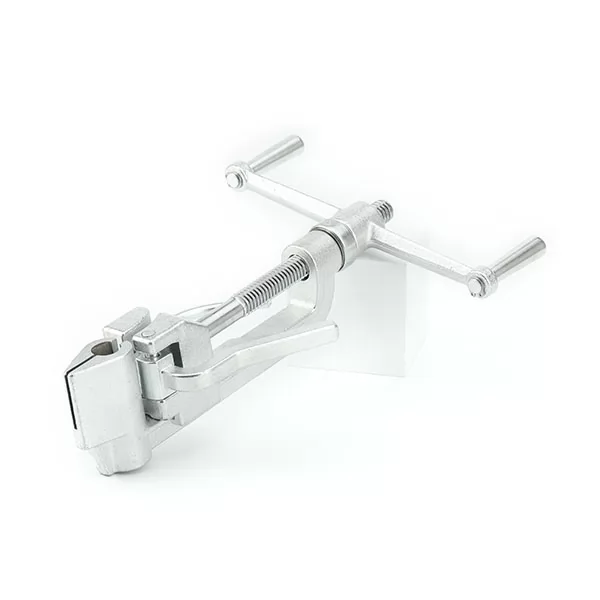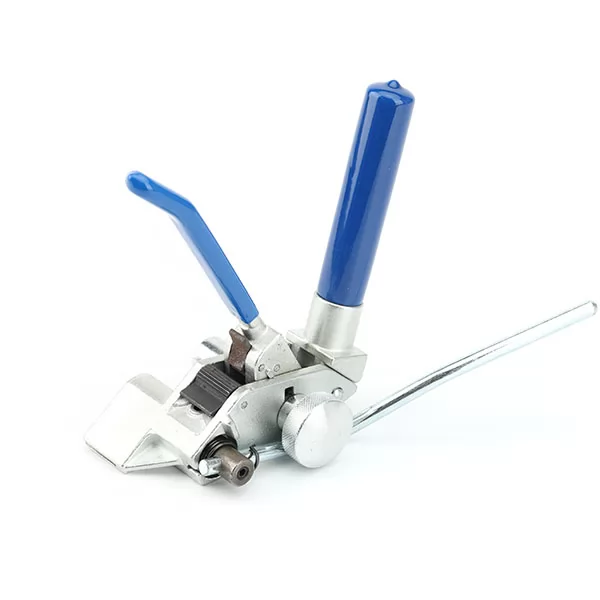3/16" banding tools
Partner with LONYOU today to find your ideal 3/16" banding tools—reach out now for expert advice, fast lead times, and CE‑certified, high‑tension fastening systems tailored to your industrial needs!
1. Assessing Operational Requirements for 3/16" banding tools
1.1 Load Weight &Bundle Dimensions
Begin by measuring the total weight and dimensions of your typical bundles. Steel strapping requires higher tension ratings for heavier loads—tools offering up to 5,000 N are recommended for bundles exceeding 1,000 kg. Meanwhile, narrow, irregularly shaped packages may perform better with tools calibrated for 12 mm straps and lower tension thresholds around 1,500 N.
1.2 Cycle Volume &Throughput
Estimate daily or hourly strapping volumes:if you process fewer than 50 bundles per shift, manual tensioners can suffice;beyond 100 units, consider pneumatic or automatic systems to reduce labor costs and maintain consistency.
1.3 Operational Environment
Key Environmental Factors:
Corrosive Conditions:Marine spray or chemicals demand 316‑grade stainless components to resist pitting and rust.
Temperature Extremes:Cold or hot climates require tools with sealed mechanisms and lubricants rated for your temperature range.
Dust &Debris:On dusty factory floors, choose tensioners with protective covers and easy‑clean surfaces to prevent buildup and jamming.
2. Matching Tool Types to Application Needs for 3/16" banding tools
2.1 Manual Tensioners
Manual tools deliver cost‑effective, low‑maintenance operation for light to medium workloads. They weigh under 3 kg, require no power source, and are ideal for field service or on‑demand strapping jobs.
2.2 Pneumatic &Battery-Powered Tools
Why Choose Pneumatic/Battery Tools:
Consistent Tension &Speed:Compressed-air or Li‑ion battery systems automate tension, sealing, and cutting cycles—delivering uniform joint strength and cycle times as fast as 3–5 seconds per bundle.
Reduced Operator Fatigue:One‑touch operation and lightweight housings (< 5 kg) minimize strain, boosting productivity in high‑volume settings.
Portability &Flexibility:Battery models allow untethered use in remote or overhead applications;pneumatic tools integrate into fixed lines for continuous flow.
2.3 Fully‑Automatic Systems
For large‑scale production lines (hundreds of bundles per hour), fully‑automatic strapping machines embed tensioners into conveyors, triggering automatic strap insertion, tensioning, sealing, and cutting—maximizing throughput with minimal labor.
3. Material &System Compatibility in 3/16" banding tools
3.1 Strap Grade &Dimensions
Select between 304 stainless for general use or 316 stainless for harsh, corrosive environments. Match your tool’s maximum strap width (12 mm–32 mm) and thickness (0.5 mm–1.5 mm) ratings to your strap inventory to prevent jams and premature wear.
| Strap Grade | Corrosion Resistance | Typical Use Cases |
|---|---|---|
| 304 | Moderate | Indoor, general packaging |
| 316 | High | Marine, chemical, outdoor construction |
3.2 Seal‑Based vs. Sealless Methods
Seal‑Based:Uses single‑use stainless seals crimped with a seal press for maximum permanent tension retention—preferred for shipping and long‑term storage.
Sealless:Employs notches or buckles integrated into the strap joint—eliminates seal inventory and reduces cycle times by up to 50% in high‑throughput lines.
3.3 Buckle Types &Accessories
Choose from quick‑lock, roller‑latch, or adjustable buckles to suit bundle shapes and re‑usability needs. Stock OEM replacement blades, springs, and maintenance kits to ensure uninterrupted operation.
4. Ergonomics, Maintenance &Compliance for 3/16" banding tools
4.1 Ergonomic Design Features
Opt for tools with anti‑vibration handles, cushioned grips, and balanced weight distribution to reduce operator fatigue—especially critical in high-volume or overhead strapping tasks.
4.2 Maintenance Schedules &Kits
Implement a monthly inspection routine:check springs for tension loss, blades for sharpness, and pawls for wear. Replace worn parts every 10,000–20,000 cycles using manufacturer‑provided maintenance kits to maximize tool life and safety.
4.3 Certifications &Safety Standards
Ensure tools bear CE markings and are produced in ISO 9001‑certified facilities. CE compliance confirms adherence to EU machinery safety directives, including overload protection and blade guarding—vital for audit readiness and worker safety.
FAQ
Q1:What tension range do I need for heavy‑duty stainless straps?
A:For bundles over 1,000 kg, select tools offering at least 4,000–5,000 N of tension capacity to ensure secure fastening.
Q2:Are sealless systems as reliable as seal‑based ones?
A:Sealless joints achieve up to 80% of seal‑based tension retention but excel in speed and cost savings for high‑volume lines.
Q3:How often should pneumatic tools be recalibrated?
A:Liability and quality standards typically require semi‑annual calibration for pneumatic tensioners in continuous‑use facilities.
Q4:Can I use standard lubricants for tool maintenance?
A:Always choose food‑grade or anti‑corrosion lubricants compatible with stainless steel to prevent contamination and protect mechanisms.
Conclusion
By rigorously assessing your load requirements, operational environment, and throughput needs, then matching these to the right tool type, strap grade, and sealing system, you’ll select 3/16" banding tools that maximize productivity, durability, and safety. Incorporate ergonomic designs, regular maintenance, and CE/ISO certifications to ensure compliance and extend tool longevity—empowering your team to deliver secure, consistent fastenings across any industrial application.
More Related Articles:

